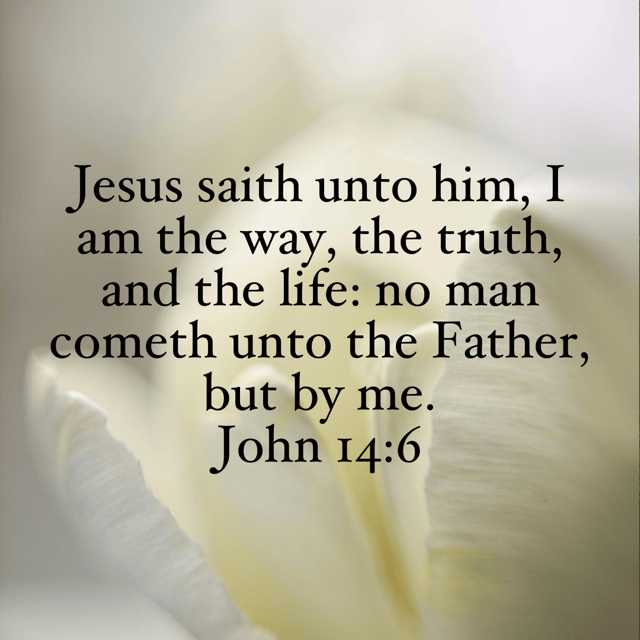I will share about Christian books I have read or listened to.
I will be sharing about my life before and after Christ. I will include stories about my pet and other pets I have encountered.
Reflecting His Love
In Mathew 25:31–32, we encounter a powerful picture of Jesus’ return. He will come in glory, with all the angels, seated on His throne, and He will separate people as a shepherd separates sheep from goats. This scene is not just about a future event—it calls us to examine our lives today.
The shepherd imagery is significant. In biblical times, sheep and goats often grazed together, but they had different natures. Sheep followed their shepherd’s voice, trusting and depending on him. Goats, however, were more independent. Jesus uses this imagery to remind us that it’s not enough to appear good on the outside—what matters is whether we are following Him in our hearts.
As Jesus calls us to reflect His love, we must ask: are we living as his sheep, obedient to His voice and showing love to others as He has shown to us? Serving others, especially those in need, is a way to follow Jesus and honor Him. Our actions toward the least of these are ultimately acts of service to Jesus Himself.
“Then all Israel gathered themselves to David unto Hebron, saying, Behold, we are thy bone and thy flesh. And moreover in time past, even when Saul was king, thou wast he that leddest out and broughtest in Israel: and the LORD thy God said unto thee, Thou shalt feed my people Israel, and thou shalt be ruler over my people Israel. Therefore came all the elders of Israel to the king to Hebron; and David made a covenant with them in Hebron before the LORD; and they anointed David king over Israel, according to the word of the LORD by Samuel. And David and all Israel went to Jerusalem, which is Jebus; where the Jebusites were, the inhabitants of the land. And the inhabitants of Jebus said to David, Thou shalt not come hither. Nevertheless David took the castle of Zion, which is the city of David. And David said, Whosoever smiteth the Jebusites first shall be chief and captain. So Joab the son of Zeruiah went first up, and was chief. And David dwelt in the castle; therefore they called it ...
















